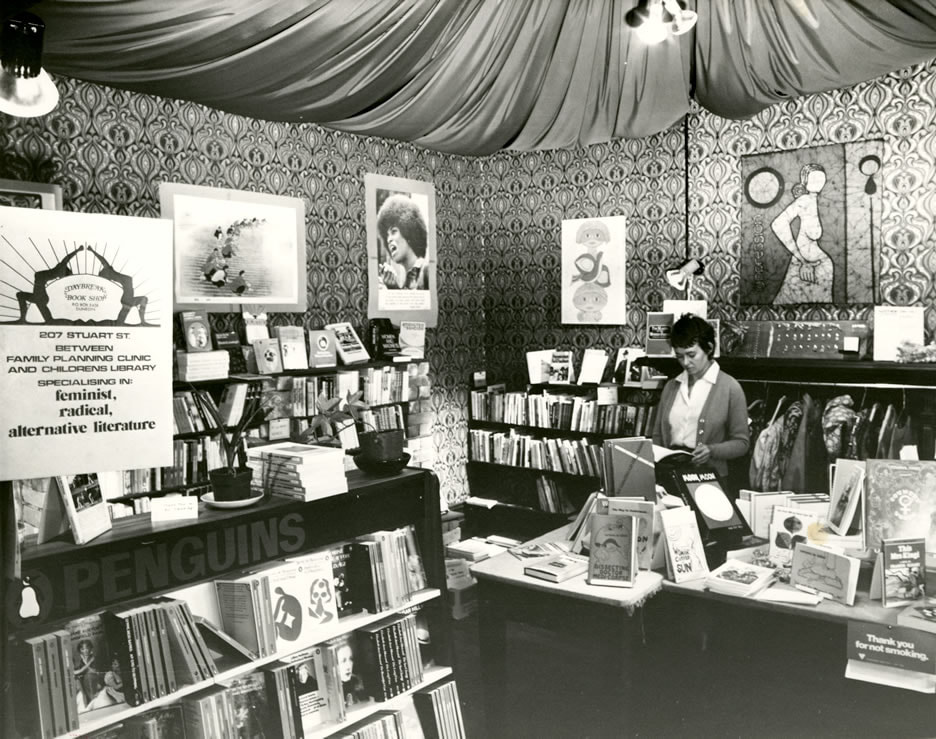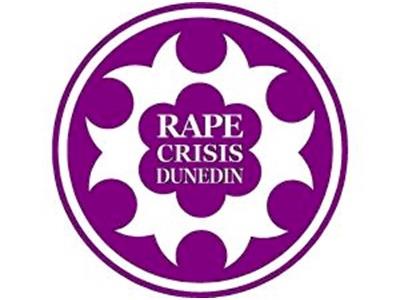Our History
Ōtepoti Communities Against Sexual Abuse has existed for over 30 years. Up until 2019 our organisation operated under the name ‘Rape Crisis Dunedin’. The following is the journey our organisation has taken from the 1970’s to the present day.
Origins
|
In 1971, a small group of eight women in Dunedin started meeting to discuss the new ideas of the Women’s Liberation Movement. They called themselves the Dunedin Collective of Women (DCW).
They began a consciousness-raising process among themselves; two of the original eight members had had experience of consciousness-raising groups in the States. Most of the feminist literature at the time came out of the United States and the key concerns of the DCW reflected those of the Women’s Liberation Movement: |
- Equal pay and equal opportunity
- Free and adequate childcare centres
- Women’s control over their own bodies
- An end to sexploitation of women and the socialisation of children into stereotyped sex role.
By 1972, the DCW were producing a fortnightly newsletter titled ‘Woman’, as a way of reaching out to the Dunedin community and educating others on the need for the liberation of women.
It was distributed around town in places like women’s public toilets, where women could pick it up. The collective expanded rapidly. By 1975 it could call on over 80 active, committed members.
How the DCW Functioned
The DCW operated in small groups, usually numbered eight in size. The original group coped with new members by “reproducing like a cell” with older members forming a nucleus for new groups.
These consciousness-raising (CR) groups met weekly in each other’s homes and from these small, non-hierarchical units came the awareness of shared oppression and a realisation of the need for action.
The CR groups had no manifesto and didn’t keep notes, but had two unwritten rules; always support other women and their right to absolute confidentiality.
These consciousness-raising (CR) groups met weekly in each other’s homes and from these small, non-hierarchical units came the awareness of shared oppression and a realisation of the need for action.
The CR groups had no manifesto and didn’t keep notes, but had two unwritten rules; always support other women and their right to absolute confidentiality.
The DCW in Action
All members of the DCW were encouraged to write and produce the “Woman” newsletter, and also to stand up and speak at many different public engagements to numerous community groups.
They participated in radio talkback shows, ran courses in Women’s Liberation and Women’s Studies, and protested particularly against beauty contests.
A myriad of projects characterised the DCW’s existence over a ten-year period and their achievements were numerous. In 1973, members established a community day-care center and published a booklet on sex role stereotyping for children called “First Sex, Second Sex”.
They participated in radio talkback shows, ran courses in Women’s Liberation and Women’s Studies, and protested particularly against beauty contests.
A myriad of projects characterised the DCW’s existence over a ten-year period and their achievements were numerous. In 1973, members established a community day-care center and published a booklet on sex role stereotyping for children called “First Sex, Second Sex”.
DCW Landmarks
A chronological list of the DCW’s achievements is listed below:
- 1975- International Year of Women. The DCW organized a ‘Herstory’ exhibition on well-known women in Aotearoa, NZ history
- 1976 - Publication of the first ‘Herstory Diary’
- 1977 - Sisters Overseas Service/Knowhow. SOS helping women to go to Australia for abortions
- 1977 - DCW opened NZ’s first feminist bookshop – Daybreak Bookshop.
The last ‘Woman’ newsletter was produced in August 1981 and the Daybreak Bookshop wound up in 1982.
The DCW was successful in containing numerous divergent groups under its all-encompassing umbrella for a remarkable length of time.
The DCW was successful in containing numerous divergent groups under its all-encompassing umbrella for a remarkable length of time.


